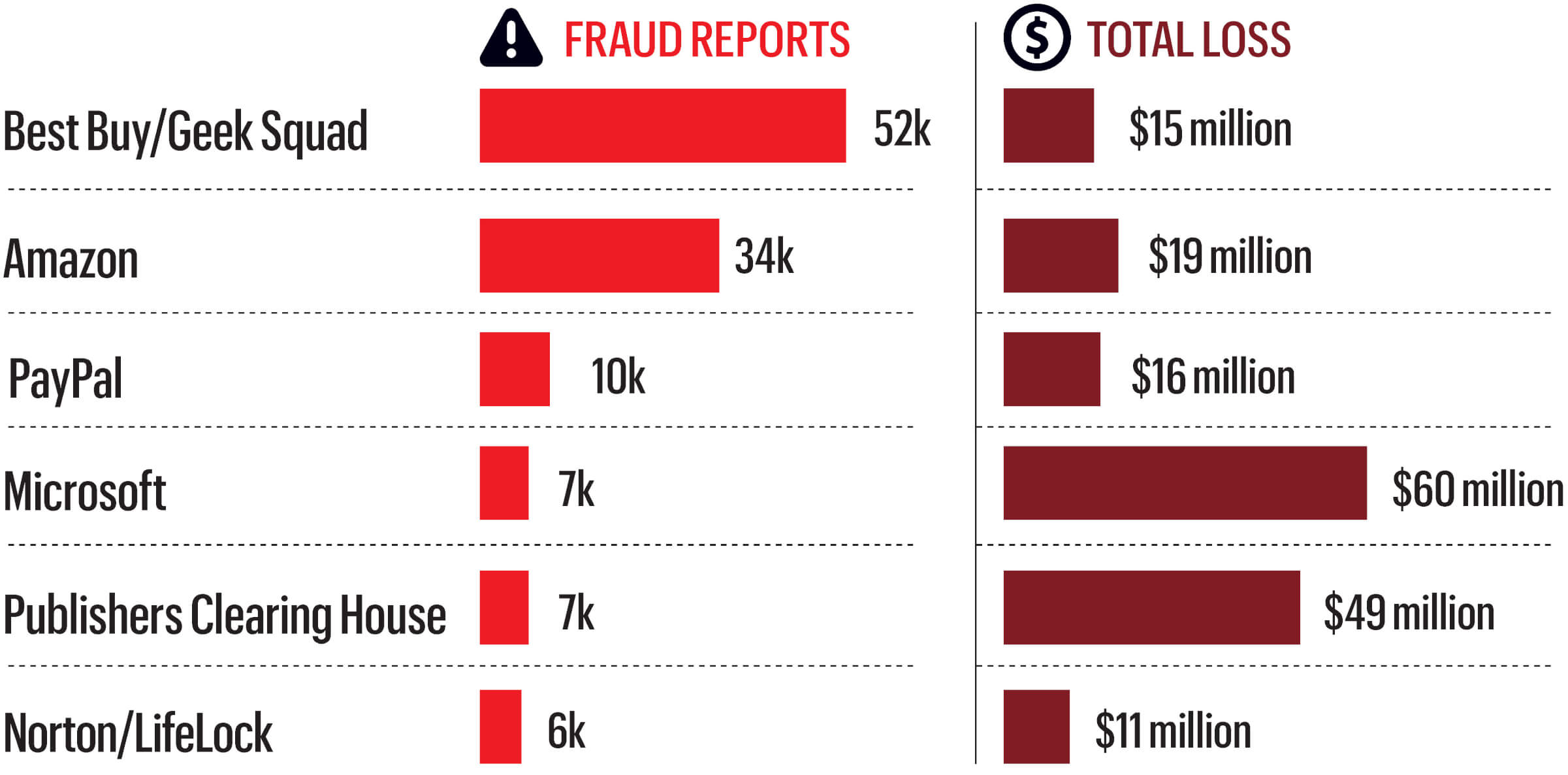In the News
MEDICARE’S BILLION-DOLLAR WASTE
Agency spent big on potentially harmful braces

BRACE YOURSELF. A government watchdog says many older Americans did just that, and Medicare footed the bill.
Over a two-year period, Medicare improperly paid more than $1 billion for neck, back and other braces sold via phone calls from telemarketers and obtained without a consultation with a doctor—potentially putting people’s health at risk.
The inspector general’s office for the Department of Health and Human Services found that from 2018 to 2020, Medicare routinely approved payments for “off the shelf,” or noncustom, orthotic braces to be delivered to homes, without making sure people had seen a doctor, as required to ensure the braces didn’t do more harm than good.
Lorrali Herrera, an assistant inspector general who worked on the report, said the inspectors spotted the problem by looking for cases in which doctors did not file a claim for patient visits within the 12 months prior to a claim by a brace seller, indicating the patient likely had not been evaluated.
The report cited a radiologist in California who approved more than 20,000 braces in one year for patients in 44 states—costing Medicare $13 million for braces. But the doctor didn’t bill Medicare for patient visits, indicating he likely had not treated any of the patients. Officials would not say whether they believed the doctor was part of the fraud scheme or scammers had improperly used his medical ID number. The probe into Medicare fraud continues, a spokeswoman says.
The improper payouts ripped off taxpayers, and many ordering the braces, Herrera says. Those who didn’t see a doctor risk worse pain and may be charged an out-of-pocket coinsurance fee for braces.
WEIGHT LOSS DRUGS MAY HELP TREAT KIDNEY DISEASE
The medication found in popular diabetes and weight loss drugs Ozempic and Wegovy sharply reduced the risk of kidney complications in people with type 2 diabetes and chronic kidney disease, according to research published in The New England Journal of Medicine.
As a result of the successful trial, funded by Ozempic maker Novo Nordisk, the company says it will petition the U.S. Food and Drug Administration to allow the drug to be prescribed to help reduce kidney disease risks in people with type 2 diabetes.
The study, published in May, was the latest in a wave of good news about the drugs that have become wildly popular for their ability to stem obesity. This spring, the FDA approved Wegovy to help reduce the risk of heart problems in people who are overweight.
Still, experts warn against using the drugs without consulting a doctor, and especially without getting a prescription.
The FDA warns that semaglutide, the active ingredient in Ozempic and Wegovy, is being illegally marketed online, and that those products could cause harm.
Scammers Love These Companies

Best Buy and its Geek Squad, along with Amazon and PayPal, are the companies scammers most often impersonate, based on reports to the Federal Trade Commission from those targeted. When it comes to dollars stolen, consumers say they’ve lost far more money to scammers pretending to be from Microsoft and Publishers Clearing House than any other businesses.
Here are the firms most often impersonated in scams, and the amount of reported losses in 2023.
Mixed News for Social Security and Medicare
The trustees managing the Social Security and Medicare trust funds offered a bit of good news on both programs, while urging longer-term fixes to keep the vital lifelines for older Americans from going broke.
The trust funds from which Social Security benefits are paid won’t run short of money until 2035—a year later than was predicted in last year’s report.
And Medicare’s trust fund for Part A, which helps pay for inpatient hospital visits, will cover all its bills until 2036—five years longer than forecast last year.
Other Medicare programs, including Part B doctors’ services and outpatient care and Part D prescription drugs, will have enough money indefinitely because premiums and federal contributions are automatically adjusted each year to cover costs.
The trustees estimate that the monthly premium for Medicare Part B will increase to $185 in 2025, up from $174.70 in 2024. The premium will be set in the fall.
Both trustee reports cited strong wage growth as a factor in cautiously optimistic outlooks. The Medicare trustees say spending for inpatient hospital care was lower than expected.
But the trustee reports, released in May, warned that Social Security still pays out more each year than it collects in revenue. That means without a fix by Congress, the program will be able to pay retirees only 83 percent of scheduled benefits by 2035, the trustees estimate.
TOO DARN HOT

Here’s a good reason to crank up the AC: Researchers in Germany studied 11,000 strokes over a 15-year period and found that on the hottest nights, people were 7 percent more likely to have a stroke. Older people were especially vulnerable on the top 5 percent of warmest nights.